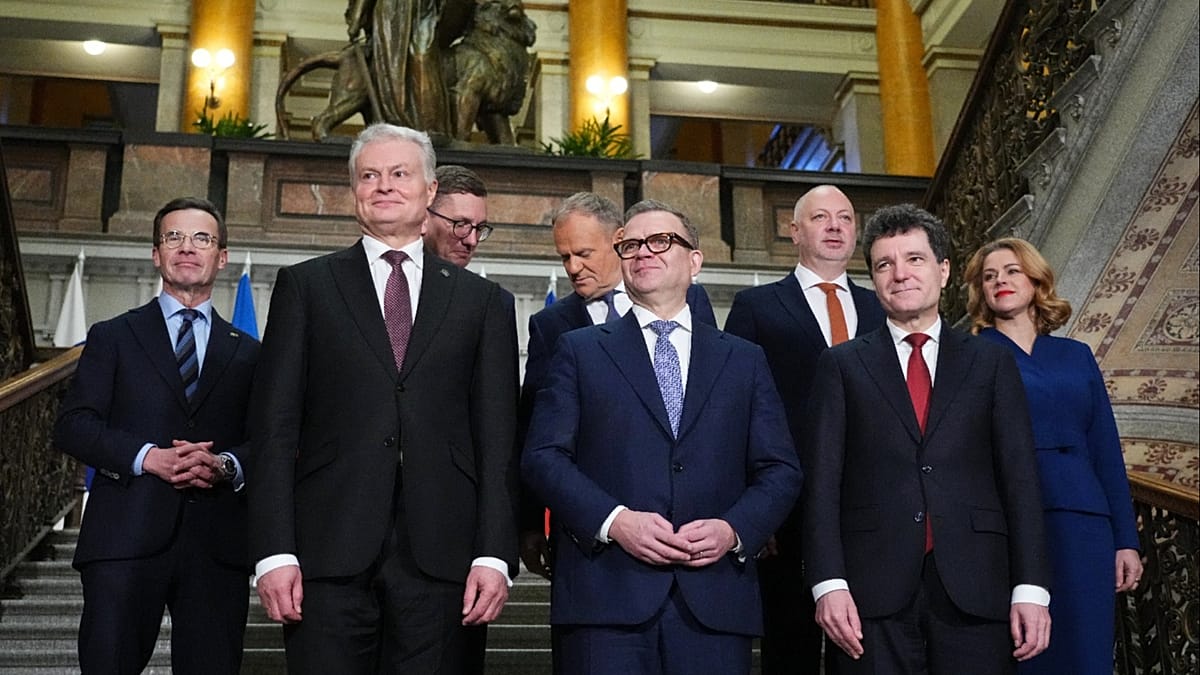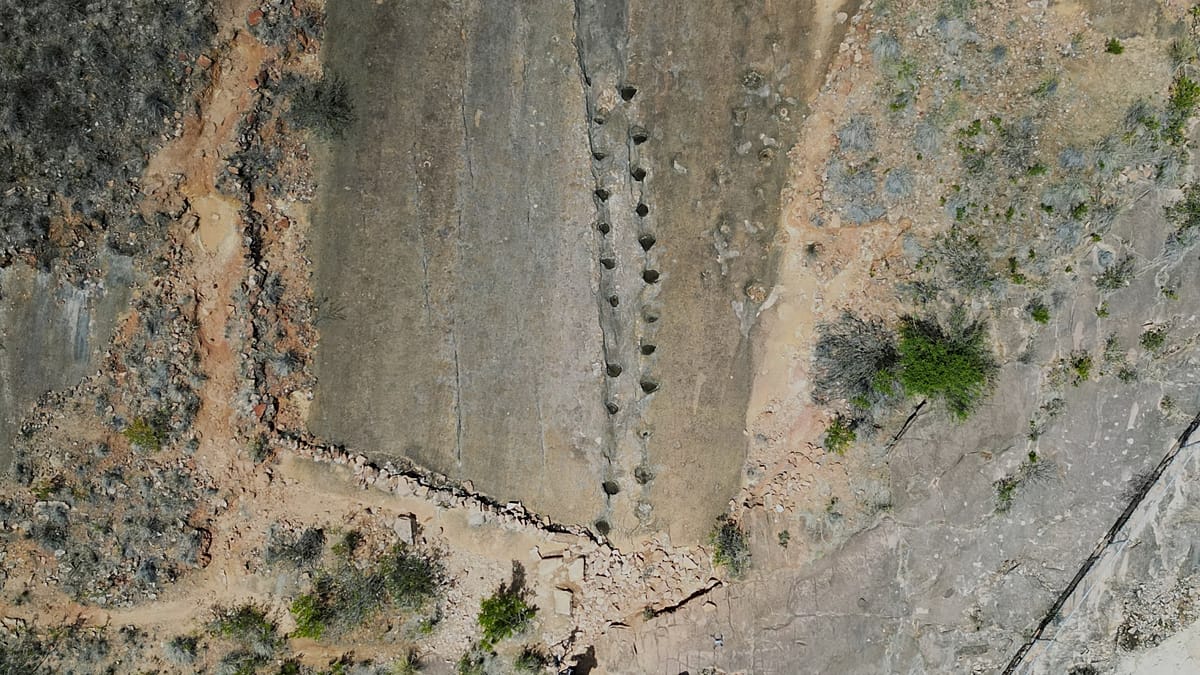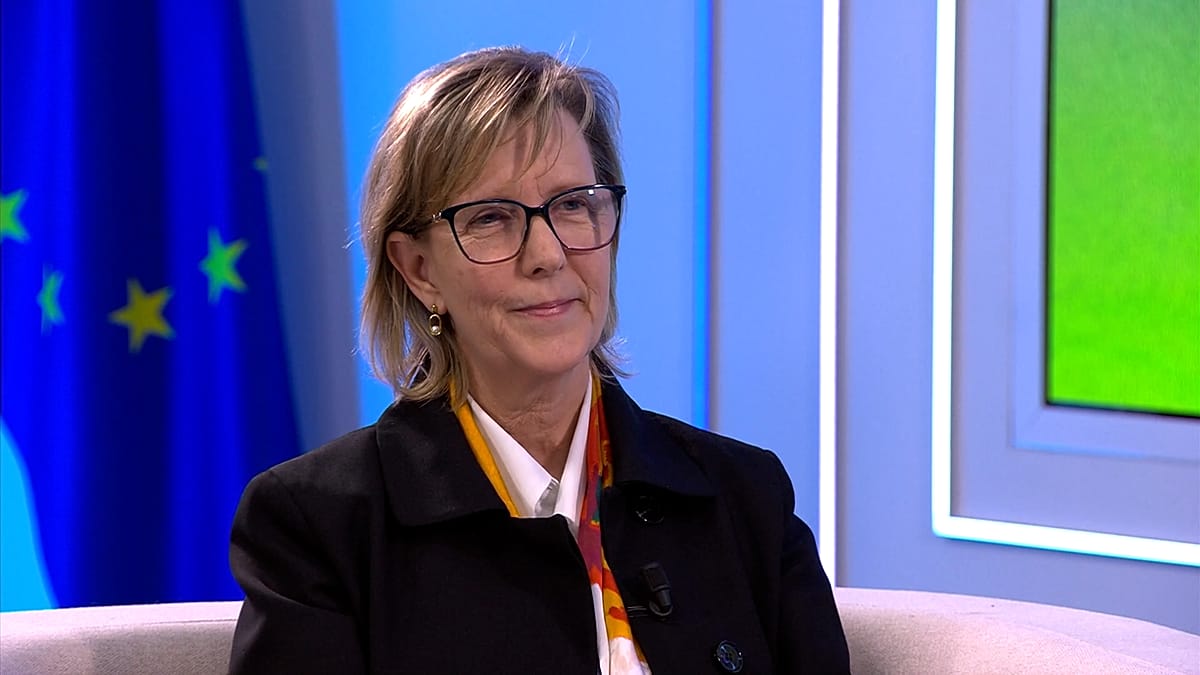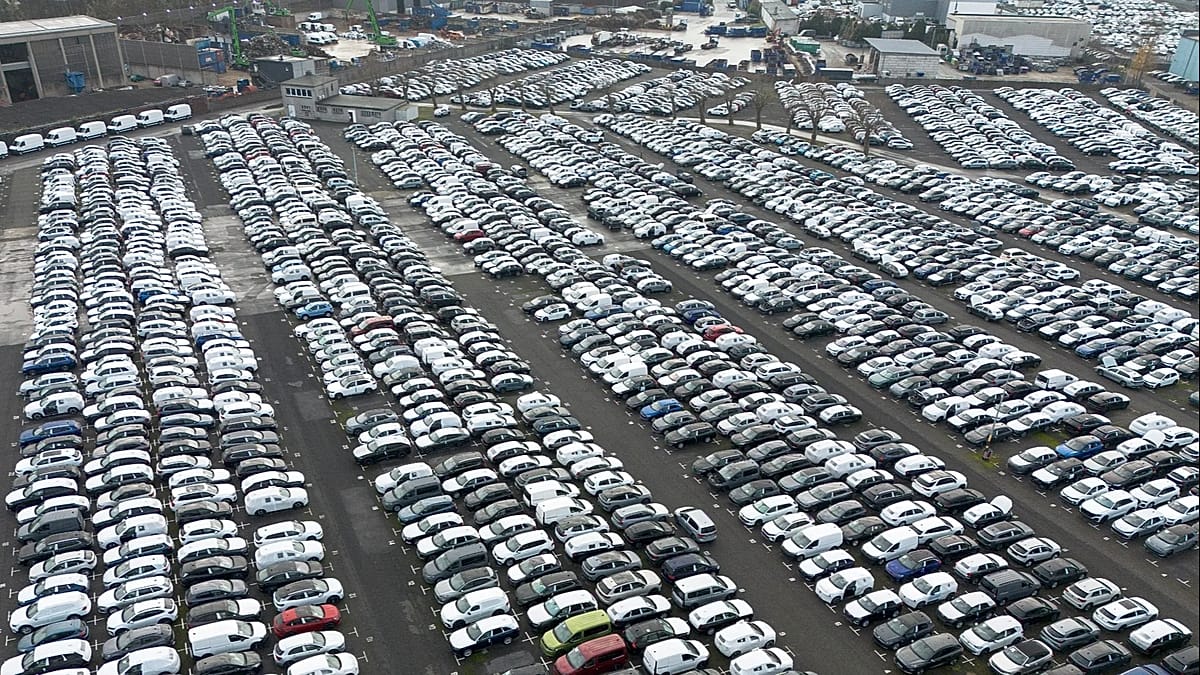
As the new Nelson City Council was sworn in on Thursday afternoon, returning mayor Nick Smith put the economic recovery of the city in his sights.
He described the last season, marred by recent closures and restructurings at large employers across the region, as the “winter from hell”, creating the “toughest period in decades” for the local economy.
To support economic recovery, Smith said the council needed to keep rates affordable, revitalise the central city, and support key industries.
He aimed to do this by keeping average rates increases below 5%, continuing to invest in central city infrastructure and facilities, and better integrating and partnering with local organisations, such as retail promoter Uniquely Nelson and the Nelson Marlborough Institute of Technology.
“I will be recommending a new council taskforce focused on these issues.”
But despite the challenges, Smith was “optimistic” about the city’s prospects next year given the “unprecedented” investment in the city across both the public and private sectors, with the hospital redevelopment, Bridge Street upgrade, planned housing developments, and flood protection work.
“These are difficult times to be in governance roles, but I am confident that this council… can successfully navigate Nelson towards a more prosperous future.”
Other key priorities included developing the arts, and climate change mitigation and adaptation.
After deputy mayor Rohan O’Neill-Stevens decided not to run for re-election, Smith appointed councillor Pete Rainey in their stead.
“Pete is one of our most experienced councillors. We share a deep love of the city and an ambition… to get stuff done,” Smith said.
“Our skills are complementary with his passion for the arts and mine for infrastructure. His politics lean left, mine right, reinforcing my desire for council to pursue a moderate and balanced programme.”
Rainey said he was “really honoured” by his appointment as Smith’s deputy.
“My focus will be simple: no surprises, argue fairly, collaborate well, and let’s get some things done.”
Smith added that the return of every incumbent councillor who re-stood for election was “a strong vote of confidence” in the city’s direction over the last three years.
Nelson’s three new councillors were also given the opportunity to have introductory speeches.
Nigel Skeggs echoed Smith’s priorities and said it was important to ensure value for rates, ensure economic and social development, and protect the environment.
He said his experience leading large projects and marine developments had given him business, partnership, and planning skills to help deliver a “transformation” for the city.
“I believe that Nelson is on the cusp of that same kind of opportunity, as long as we work collaboratively and stay focused on delivery.”
Labour’s Sarah Kerby said that her politics were shaped by being raised by a solo mum in Stoke.
“It taught me really early that political decisions are never abstract. They land in real people’s lives. They land in lunch boxes, in freezing or overcrowded homes, and in overdue rates notices.”
Touting the thousands of conversations she’s had with residents during the election campaign, she said she would help tackle the “relentless pressures” that families were facing.
“With smart planning, fairness, and genuine good engagement, we can make the city more safe, fairer and more connected.”
Lisa Austin said she was “humbled and honoured” to have been entrusted by voters with a seat on the council.
She hoped to lead with “integrity and courage”.
“They elected us, and they want us to be able to work together and to challenge the status quo and to adopt bold and impactful policies.”
Local Democracy Reporting is local body journalism co-funded by RNZ and NZ On Air.
The morning’s headlines in 90 seconds, including measles at a large Auckland school, Prince Andrew to lose the last of his titles, and stars back for the All Blacks. (Source: Breakfast)














